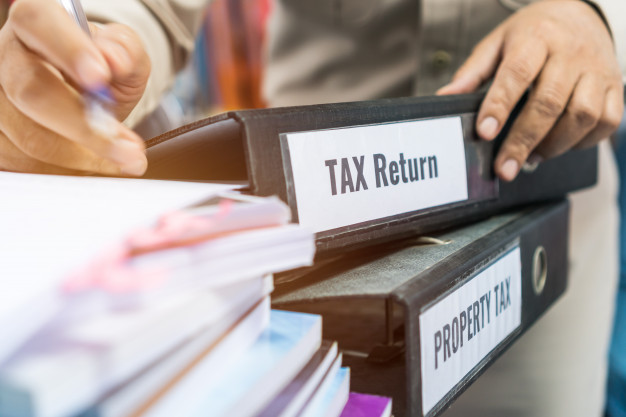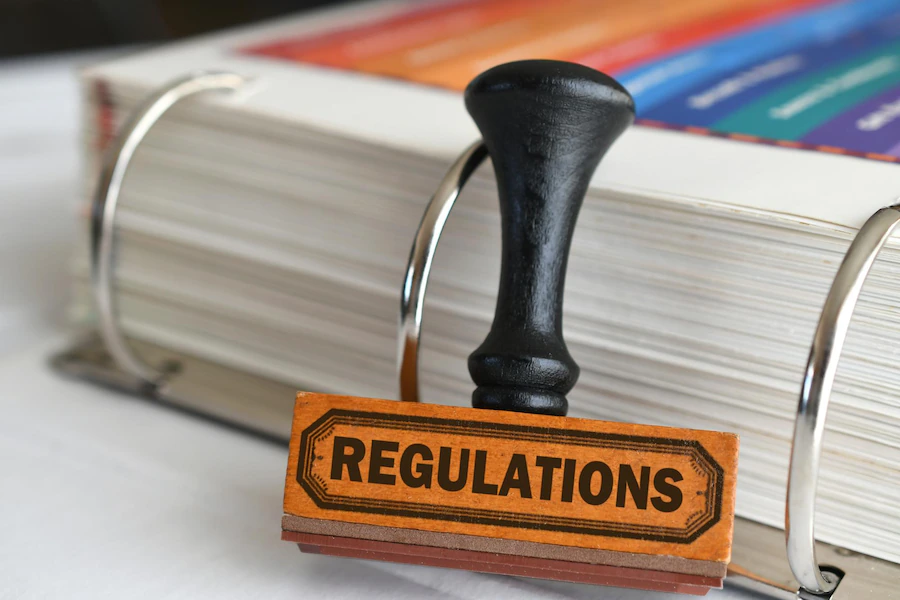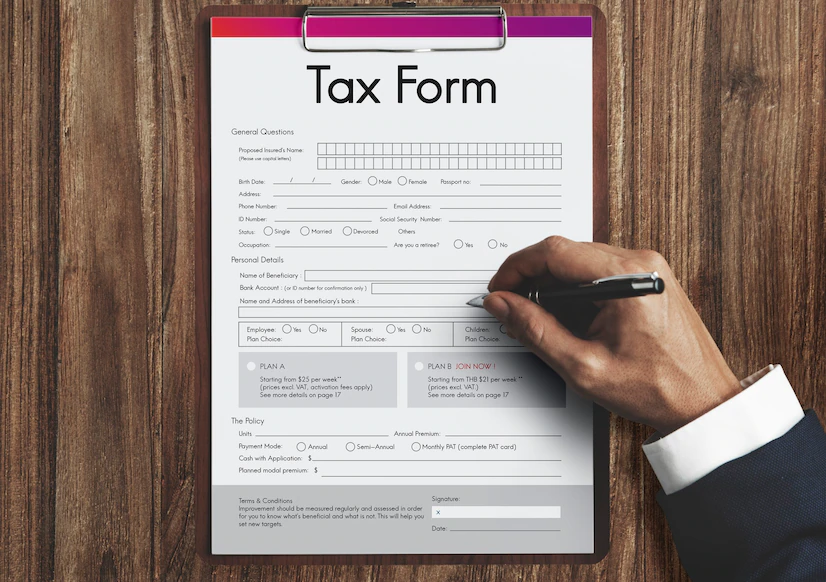What Happens If You Don’t File Taxes?
December 5, 2020

Are you someone who has never filed your tax returns in several years and want to find out how it could affect you?
Do you know about some charges, which the IRS can bring forward if they are able to establish you as an offender?
Have you tried to listen to what the experts are saying and are still confused as to how you should go about it?
With everything going on in 2020, you would not be the only person who has taxes as the last thing on their minds. With the recent American elections, all the issues surrounding the COVID-19 Pandemic, and the Black Lives Matter movement, many Americans are distracted by other matters.
However, it should be pointed out that taxes as a subject of interest is very important for the Federal Government. The Internal Revenue Service or the IRS is the governmental authority responsible for collecting and enforcing taxes all over the United States.
In this article, we will try to answer a question, which millions of Americans ask every year- what happens if I don’t pay my taxes? We speak to some of the leading financial experts and try to understand their views on the matter.
Is the Fear of the IRS enough to stay Underground with your Tax Returns?
According to leading taxation experts, the worst thing people can do is think that they will never get found out by the IRS. Most people think that if I have been able to evade paying taxes for one year, I might get away with the same next year.
However, that is simply not the case. The IRS is one of the most highly respected governmental departments in the country and is notoriously famous for finding people who have evaded taxes.
Even if you are not in a position to pay your taxes, experts suggest filing them. They also point out that rather than waiting for the IRS to find you, it would be much better if you would reach out to the authorities and convey your reasons and inability for paying the same.
Experts suggest that the common feeling people most people have about not paying taxes is fear of penalties and fines.
For example, if you skipped a year, you start thinking that if I file for this year, they will ask me to pay a fine for last year. In order to not pay the fine, most people simply keep skipping on this year after year.
What can be some Consequences of not Paying Taxes?
In this section, we are going to look at some of the consequences, which can take place in the event of someone not paying their taxes-
1. The First Letter-
The first time the IRS makes communication, it is going to be through an official letter. The detailed and stern letter will request you to file your taxes, and mention important details like terms, interest rates, penalties if any, and how can make the payment. It will also state that if you do not pay your taxes following the receiving of the letter, there might be a penalty.
2. The Small Penalty-
Individuals need to note that the penalties for late payment of taxes are different (for one year) and penalties for offenders that have not paid taxes for multiple years are different. The small penalty would be added to your payable tax amount and you will be requested to deposit the same with the authorities in a defined time period.
3. The Larger Penalty-
At this stage, you have already not paid heed to the previous letters. When you receive this one, you will see that the penalties have significantly risen and have also taken into account the accrued interest rates for all the months, you have not paid or delayed. This is going to be a fairly large sum of money.
4. Seizure of the Property and Wages-
If you have been committed to ignoring the first three warnings, the IRS can furnish your actions in a court and get an order to seize your property. It will then allow you a time frame to clear your taxes, and hold on to your property and your wages for the time being. Once you submit the amount you owe to the government, they will hand you your property back.
5. Imprisonment and Sale of Property-
In the worst situation possible, you are looking at a jail term of up to five years for serious tax evasion. The IRS can also sell your property and other assets in order to generate the sum of money you owe to the state. However, the IRS does not want an individual to stay in prison. In reality, it just wants the money, which the individual owes to the state.
The Final Word
Individuals need to note that there is a fundamental difference between not paying taxes at all, and late payments. In the second scenario, you can always file for extensions.
If you are unable to pay your taxes beyond the extension period, you are not entitled to tax refunds. You also need to start paying interest on the amount you owe.
It is important to note that because of the pandemic, the IRS is offering flexible solutions to people to file their taxes. Individuals should also note that the IRS, unlike other governmental agencies does not have a statute of limitations.
In other words, there is no specific time limit fixed beyond which it cannot move in its action towards your tax case.
Read Also:











